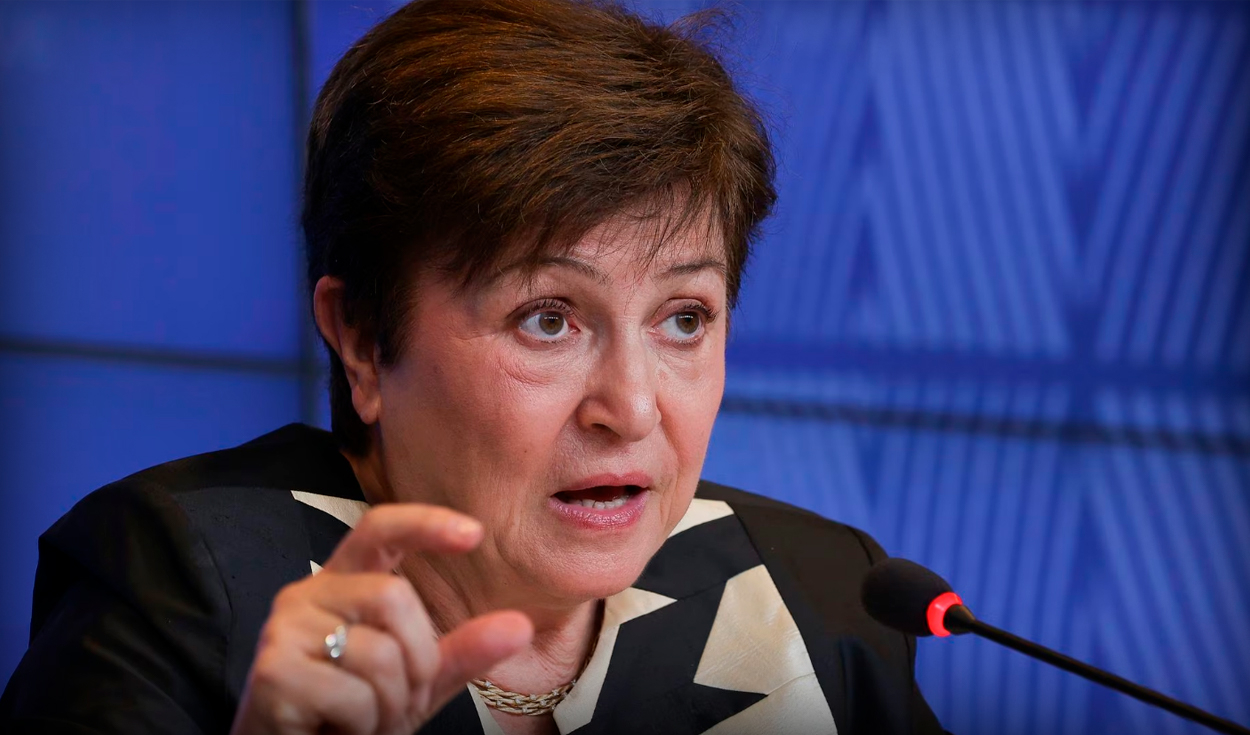
Although the global economy is currently recovering from the COVID-19 pandemic and has demonstrated “remarkable resilience,” this improvement it is still slow and uneven between countriesstated this Thursday, October 5, the managing director of the International Monetary Fund (IMF), Kristalina Georgieva, in Ivory Coast.
“The global economy has shown remarkable resilience and the first half of 2023 has brought some good news, “largely due to higher-than-expected demand for services and tangible progress in the fight against inflation.”Georgieva said in Abidjan, the economic capital of the Ivory Coast.
The managing director made these comments in a speech before the next annual meeting of the IMF with the World Bank Group (WBG), which will begin on the 9th in Marrakech (Morocco).
“The current pace of global growth remains quite weak, well below the 3.8% average of the two decades before the pandemic,” said Georgieva, underlining that, “In the medium term, growth prospects have weakened even further.”
Advanced economies slow down
The head of the IMF also pointed out that this economic growth does not happen at the same pace in all countries, with nations like the United States, India and other emerging economies leading the way, while most advanced economies are “slowing” and China’s economic activity remains “below expectations.”
“Economic fragmentation threatens to further undermine growth prospects, especially for emerging and developing economies, including those in Africa,” he said.
The US, he specified, “is the only major economy where production has returned to a pre-pandemic level. The rest of the world is still below this trend. And low-income countries are the most affected.”
“Why?” he asked himself. Because they have had extremely limited ability to cushion their economies and support the most vulnerable.”
Thus, the Bulgarian economist announced that, according to the calculations of the IMFglobal production losses since 2020 will amount to $3.7 trillion this year.
To improve this scenario, the multilateral organization will recommend, starting from the Marrakech meeting, that governments around the world reinforce economic and financial stability, build solid state institutions, reforms that lay the foundations for inclusive and sustainable growth, and promote international cooperation.
Source: Larepublica
Alia is a professional author and journalist, working at 247 news agency. She writes on various topics from economy news to general interest pieces, providing readers with relevant and informative content. With years of experience, she brings a unique perspective and in-depth analysis to her work.












